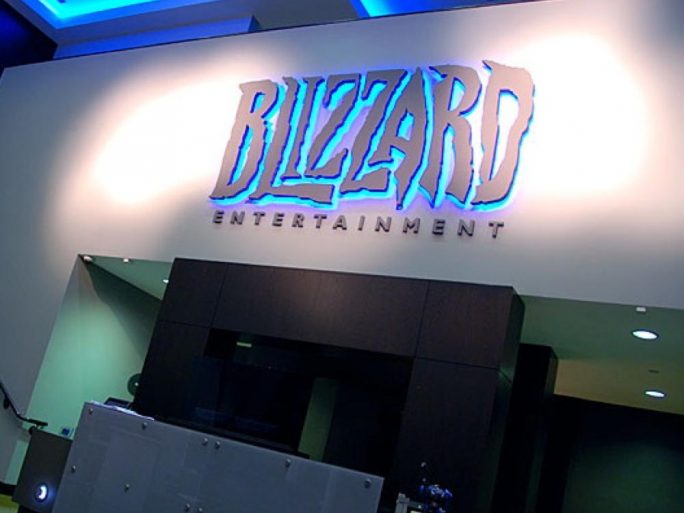China Approves Microsoft-Activision Deal ‘Unconditionally’

Chinese regulator approves $69 Microsoft-Activision Blizzard takeover ‘unconditionally’ amidst opposition from US and UK
Chinese regulators have officially approved Microsoft’s proposed $69 billion (£56bn) takeover of Activision Blizzard, even as the UK and US seek to block the deal.
The State Administration for Market Regulation (SAMR) approved the acquisition “unconditionally”, the agency said in a statement published on its website on Tuesday.
The approval is dated 18 May, and Microsoft announced the Chinese decision at that time, but it was not officially confirmed right away.
The mega-deal has so far been approved by nearly 40 countries, including 27 in the EU along with others including Japan and Brazil.

Divergent paths
EU competition regulators approved the deal earlier this month, saying Microsoft had offered concessions that had allayed its concerns.
Microsoft agreed to enter into licensing deals with competitors along with other safeguards after discussing the planned takeover with the European Commission.
The US Federal Trade Commission in December sued to block the deal, arguing that Microsoft had a record of buying up valuable gaming content and offering it exclusively on its own Xbox platform, even after assuring regulators it had no plans to do so.
The UK’s Competition and Markets Authority (CMA) blocked the deal in April, citing the potential for damage to the nascent cloud gaming industry.
Cloud gaming
The CMA argued that Microsoft already holds a leading position in the cloud market, due to its Azure cloud infrastructure, Xbox gaming console and Windows operating system.
The regulator said it concluded that that position combined with Activision Blizzard’s significant gaming portfolio would create an anti-competitive environment, with CMA chief executive Sarah Cardell defending the decision before Parliament earlier this month.
The deal is complicated in China by the fact that Activision Blizzard – maker of some of the world’s most popular games, including World of Warcraft, Call of Duty and Candy Crush – stopped offering many of its games in China earlier this year due to a dispute with local publishing partner NetEase, itself one of the world’s biggest gaming companies.